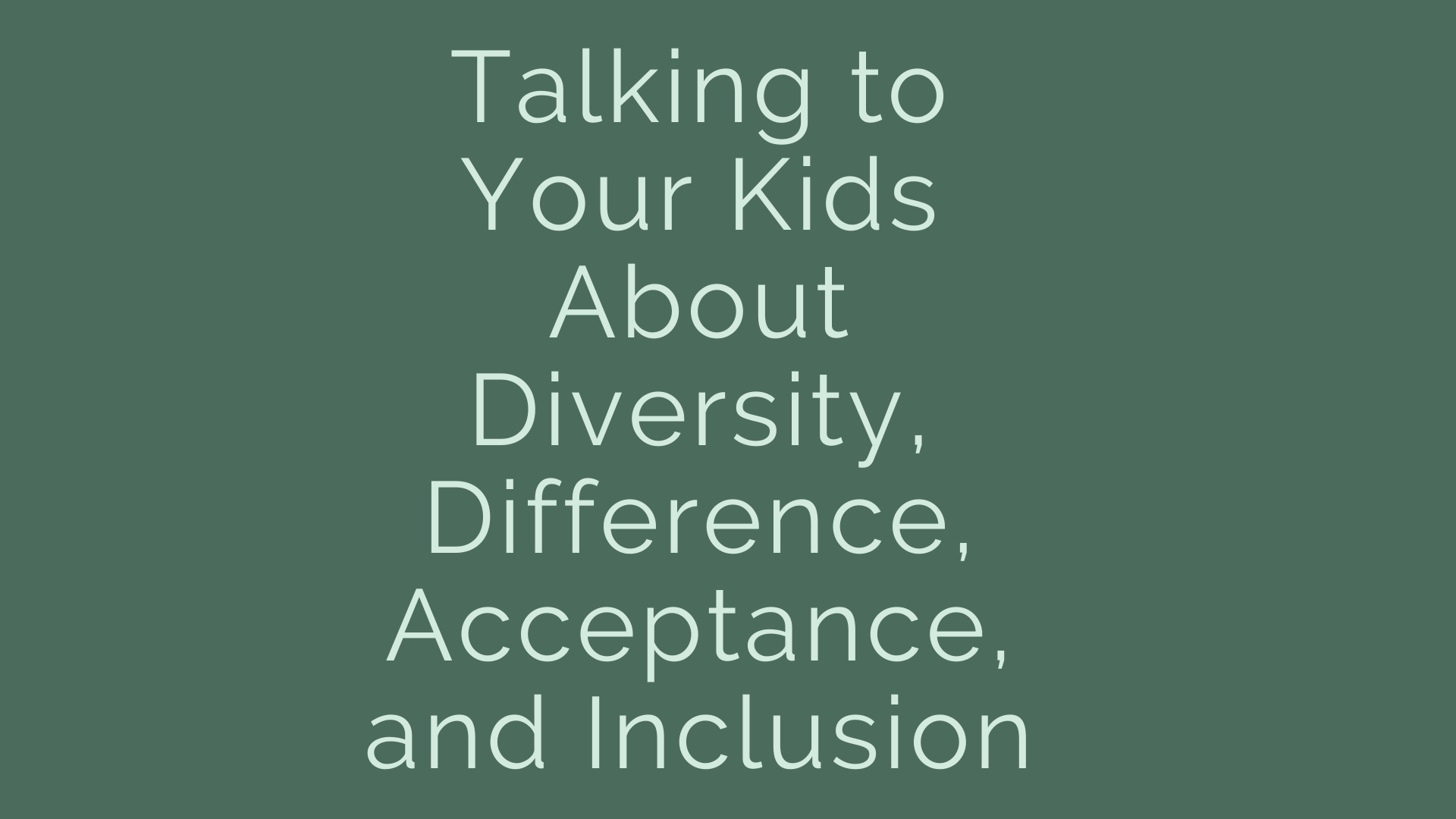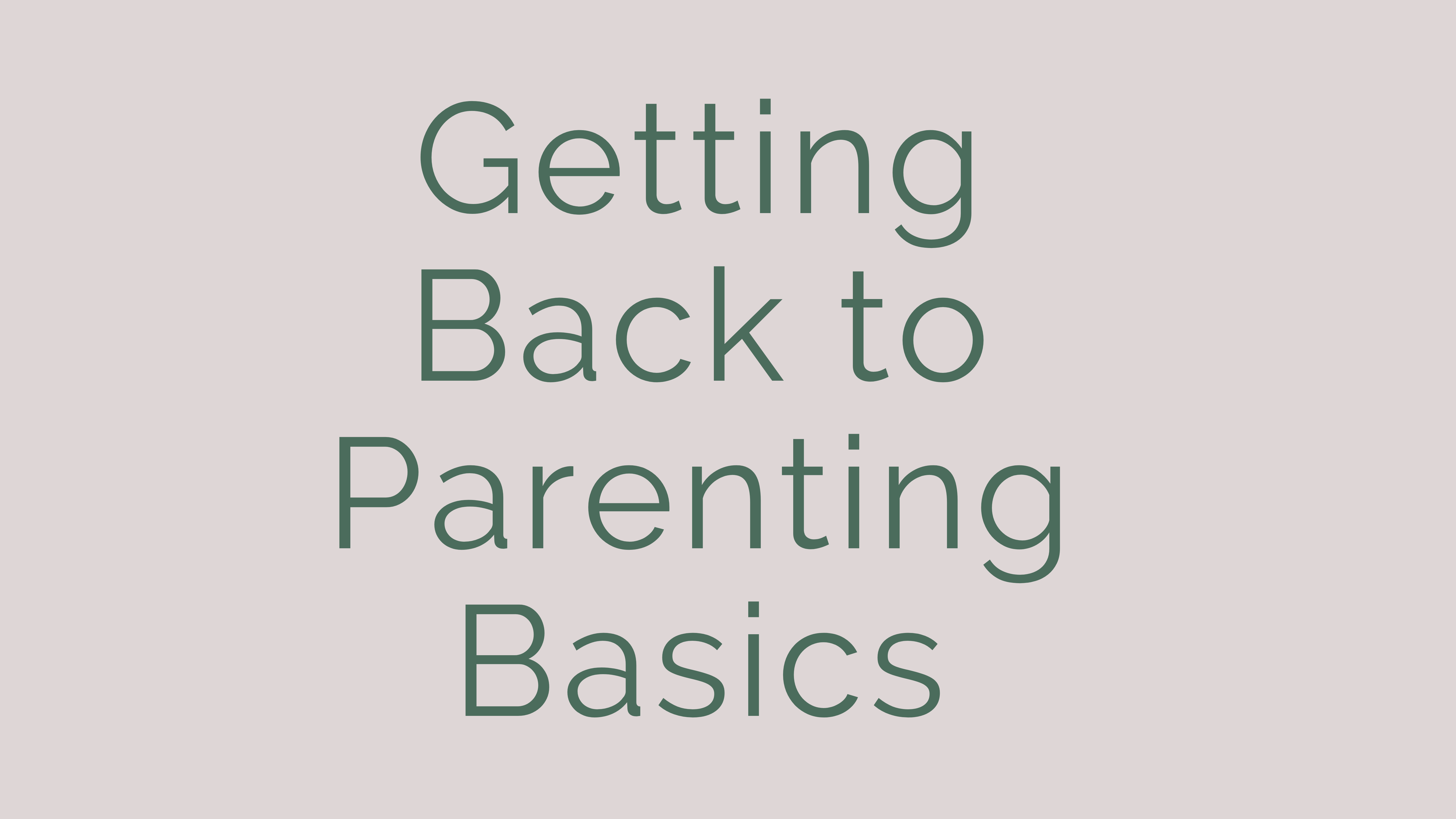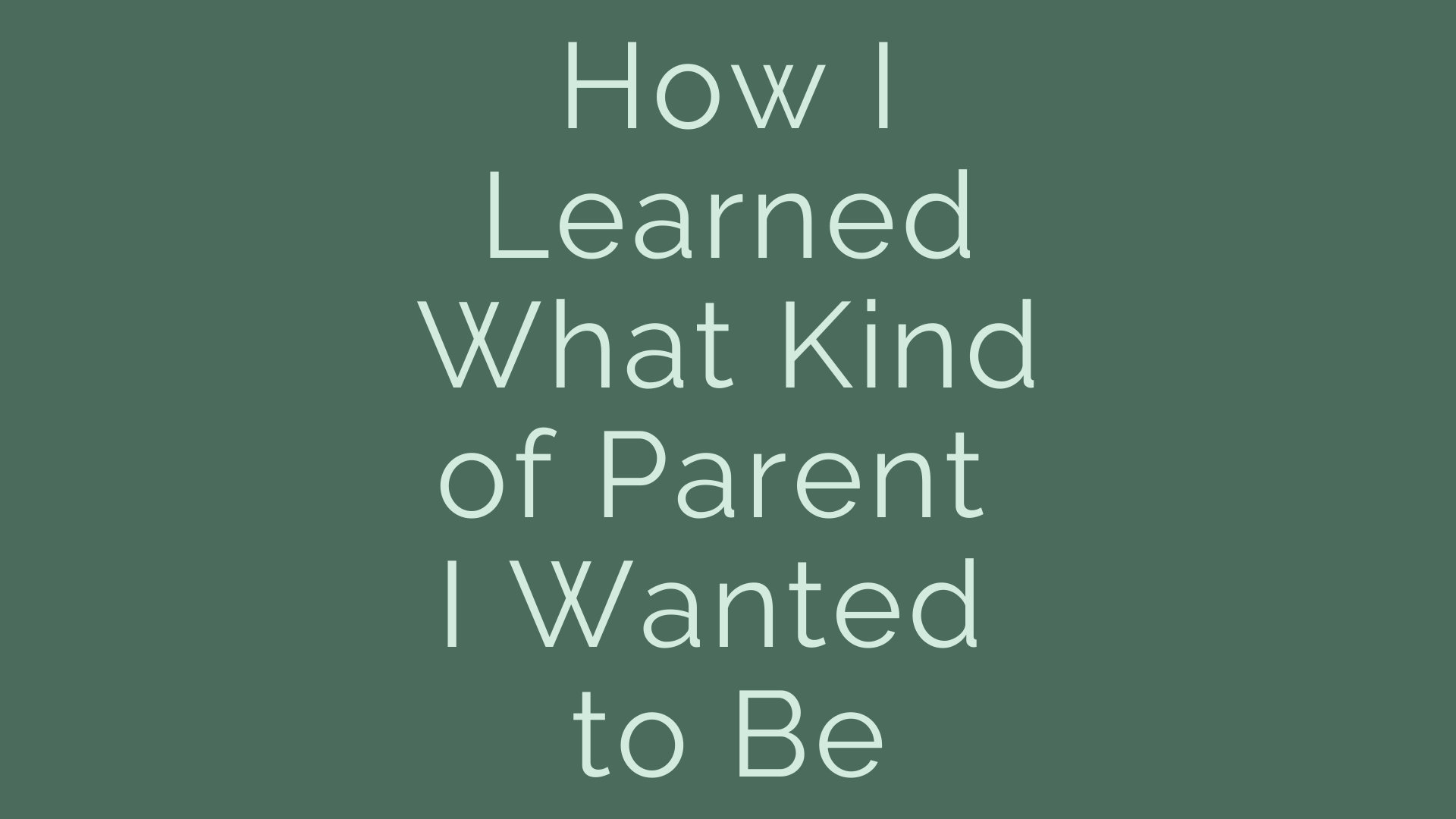I can’t speak of how I started Baby Sleep Trainer without discussing my struggle to overcome post partum anxiety. Hands down, the 8 months after I gave birth to my first child were the darkest of my life. In retrospect, I think my anxiety stemmed from two issues. First, I am a type A person. Few things go awry in my life because I tend to take control of situations and actively work to address issues early. I’m also generally organized and hard working. So when something isn’t working in my life, I can usually fix it. But, you can’t fix a baby.

Photo Credit: Daria Shevtsova
Olive wasn’t sleeping well at first, and the more I tried to “fix it,” the more into despair I fell. Secondly, it turns out I am very quickly affected by sleep deprivation. My feelings of crippling anxiety were exacerbated by my inability to sleep well at night. Even when Olive slept, my anticipation of her waking would keep me from sleeping. I was operating on very little sleep and my mental state was deteriorating quickly. Thankfully, as Olive’s sleep improved, so did my demeanor. Even after her first year of life, I struggled greatly with anxiety until just a few years ago. Women often ask me how I eventually overcame postpartum anxiety. Below are the strategies I’ve discovered to keep my anxiety largely at bay.
Before you implement any of the techniques below, speak to your medical doctor about your anxiety. Share with them whatever strategies you are thinking of pursuing, and gain the approval before implementing them. If you are suffering from postpartum anxiety (or any other mood disorders), speak with your doctor early and often about your struggles. They will have resources to help you.
1. Talk Therapy
Talk therapy with a licensed counselor or psychologist is VITAL as a first step to overcome anxiety. An excellent therapist will help you identify the root for your anxiety (trauma, unmet expectations of motherhood, your own upbringing, etc), and will help you put words to what you’re experiencing. They will also give you exercises to use when you feel the anxiety coming on.
For example, my therapists have taught me the following about my own anxiety. My brain tends towards worry, and when my mind is worried it looks to identify the cause of what’s wrong. Essentially, if my brain is sending chemicals into my brain and body to be worried, then my mind thinks “something must be wrong – let’s figure out what!” Starting with my children, then spouse, then parents, friends, and work. I will keep spinning out until I find something to fixate on.
Once my therapist helped me identify that pattern, she also helped me through an exercise where I audibly talk myself through the unfounded worry. It turns out the brain processes things differently if it hears words instead of just thinks them. This single exercise has been massively helpful since I understand what’s happening and can literally talk myself through it. If cost is an issue, please check online for free or low cost therapists in your area.
2. Hypnotherapy
While I clearly love talk therapy, hypnotherapists are like magicians. They can take what you learn in therapy, and help your subconscious adopt new beliefs. A lot of the ways people behave are rooted in subconscious belief patterns. Humans tend to retreat to familiar mindsets and behavior patterns because familiar = safe. You know what to expect! And many people self sabotage because they are subconsciously drawing themselves into a familiar state of failure.
If you suffer from anxiety it’s very likely your talk therapist will help you identify the subconscious cause of your worry. Your hypnotherapist can use hypnosis to enter into your subconscious, and actually change the subconscious beliefs that start the worry in the first place. Please know that hypnotherapy is a legitimate form of therapy used in clinical settings. Do your research, and find a well reviewed and respected hypnotherapist to work alongside your therapist. Also, many hypnotherapists can help you in just a few sessions.
3. Meditation
Finally, this is my lifelong long secret to battling worry and anxiety: daily meditation. If you don’t know anything about meditation, check out the book 10% Happier by Dan Harris. Meditation is easy – do not let it intimidate you. While most of us may think meditation takes a lot of time and effort, it really doesn’t. I meditate each night before I sleep by using a simple counting exercise. I close my eyes, breathe in to the count of five, and exhale to the count of five. My goal is to do this five times in a row and think of nothing else but counting. If I catch my mind wandering to anything else, I start over. That’s all meditation needs to be, and can be done by everyone. Read this article to learn the science behind the subject, and how daily meditation changes your brain.
With some time and effort, almost everyone can see improvement in their battle with anxiety. If you have any questions about my experience, or would like to share yours, please post them in the comments below. And if you would like help getting your baby’s sleep on track, please sign up for my newsletter!





Leave A Comment